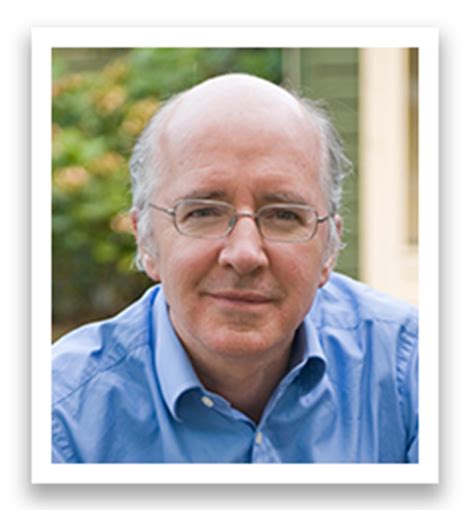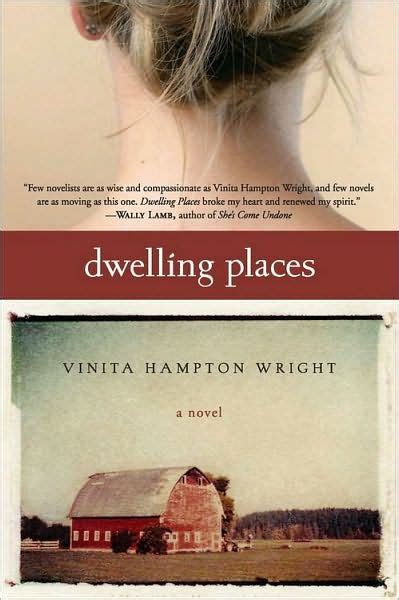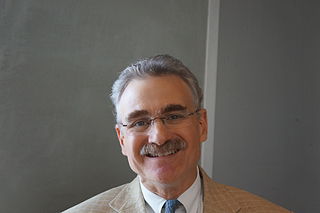A Quote by John Gimlette
I don't therefore know how to write for the big papers. It must be kids - students - and retired people. And the reality is they are overwhelmed with people sending in their holiday stories and bits and pieces and so on.
Related Quotes
To say that you have taught when students haven't learned is to say you have sold when no one has bought. But how can you know that students have learned without spending hours correcting tests and papers? . . . check students understanding while you are teaching (not at 10 o'clock at night when you're correcting papers) so you don't move on with unlearned material that can accumulate like a snowball and eventually engulf the student in confusion and despair.
For some people, the beginning is a time of complete chaos. You see bits and pieces of what is before you. You have a sense of what it is you must set out to do. But nothing will form yet. When you sit down to write or paint or form movement, it's like stepping over a cliff or into a dense fog. All you can do is trust that this impending masterpiece is going to somehow manifest itself as you work. But you do know that there is something specific ahead, and you feel the excitement of that.
Filmmaking materials are in the hands of more people now than ever before. I would like to think that the more people have these tools, the more people will learn how to use them, it's another argument I would argue for, personally, for art's education. Because there are kids who aren't that literate in screen language and they've got to know how people select shots, how people edit audio, how people combine things to make what they see on the screen. It would be like the 15th century or the 16th century in Germany, and somebody amends a printing press and you don't know how to read and write.
I work in bits and pieces. When I'm touring it's difficult. After touring, when I have space and time, it's a process, something I've been doing since I was 10 or 11 years old. I collect lyrics, melodies, bits and pieces, and finally it all comes together. It's hard to say - I've been trying to figure out how the process works.
We [Americans] know Martin Luther King Jr. as a statue. We know him as a holiday. We know him as a speech. We don't know him as a man. Most people don't even know the whole speech, just "I have a dream." They don't know what his speaking voice was like, how he looked at his wife, or that he had four kids.



































